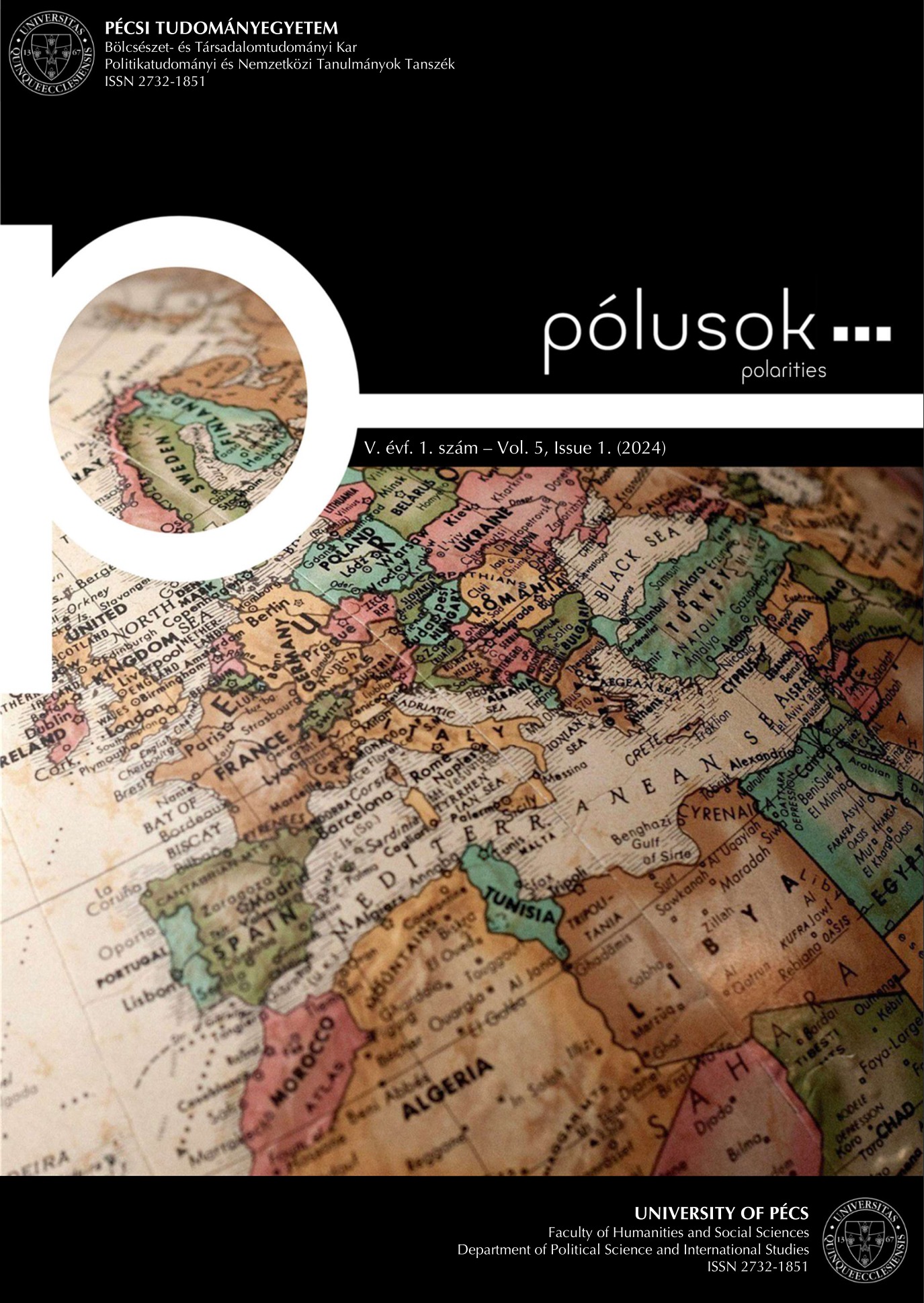Turkey’s response to the war in Ukraine in the context of systemic changes and regional dynamics
DOI:
https://doi.org/10.15170/PSK.2024.05.01.06Keywords:
Turkey, Ukraine, Russia, war, foreign policyAbstract
As it is one of the few NATO members that refused to sever cooperation with Russia in 2022, Turkey’s response to the war in Ukraine can be seen as a critical case study in the dynamics of contemporary geopolitics. This article examines Turkey's strategic positioning and policy responses regarding the conflict, with the aim of understanding the logic behind Ankara’s decision to present itself as a mediator, instead of aligning itself with the mostly united policy of the West. Embracing the theoretical framework of neorealism, the article first examines the correlation between systemic changes and Turkish foreign policy, as the author considers that the emergence of a “posthegemonic world order” profoundly affects Ankara’s opportunities in the international environment. Employing the analytical approach of geopolitics, the second section of the study delves into Turkey's security concerns and economic interests in the Black Sea region and examines the evolution of Ankara’s geostrategy towards the region since the dissolution of the Soviet Union. Building upon the context outlined by the first two sections, the third part of the study analyses Ankara’s foreign policy responses to the Russian invasion of Ukraine, focusing primarily on the period from February to December 2022.
Downloads
Published
How to Cite
Issue
Section
License

This work is licensed under a Creative Commons Attribution-NonCommercial-ShareAlike 4.0 International License.











